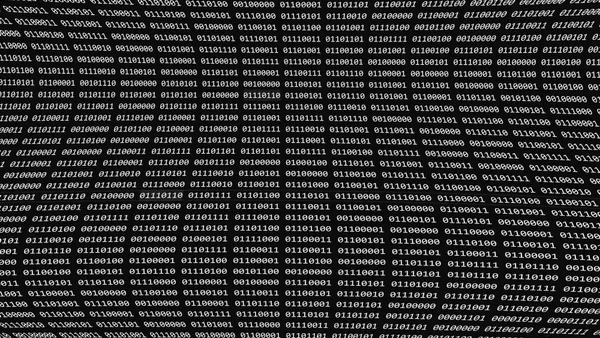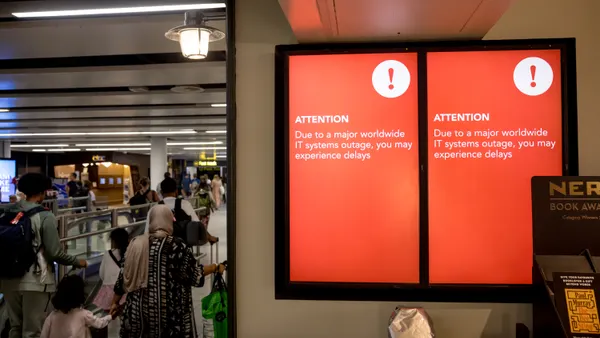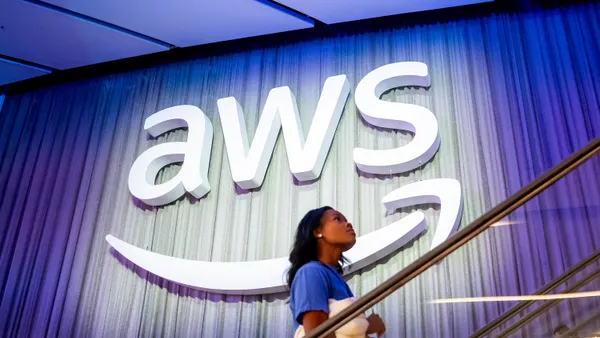Dive Brief:
-
A new survey found people are generally not doing enough to protect their personal information when using public WiFi networks, according to research from SecureAuth.
-
American millennials in particular are more interested in fast Internet speeds than their online security over public WiFi.
-
The survey also found Americans commonly divulge sensitive information such as credit card numbers over public WiFi networks.
Dive Insight:
The survey found Americans commonly share sensitive data over public WiFi, including their addresses, credit card numbers, account passwords, Social Security numbers and driver’s license numbers.
Data shared over unsecured WiFi can easily be intercepted by malicious users, said Craig Lund, CEO of SecureAuth, according to an eWEEK report.
Perhaps worse, people don’t seem overly concerned about sharing such data over public WiFi. Of survey respondents, 57% indicated that they are only slightly more likely to choose to improve personal online security over Internet speed if given a choice. But the results were a bit different when it comes to millennials—54% of millennials said they would rather improve their Internet speed than their personal online security.
Experts suggest people avoid using public WiFi when possible, and especially avoid using it to share sensitive data.
Other studies have also found people generally have a lax attitude toward mobile security. Avast, a Czech-based security and antivirus firm, conducted a test in February to see how many people would log on to free, unsecured Wi-Fi hotspots at the Barcelona Airport. Despite the lack of network security, more than 2,000 users connected over the course of a few hours, Avast said. In almost two-thirds of the cases, researchers could see the identity of both the device and the user.
Employee use of mobile devices can be a challenge for IT and security departments, because it essentially puts corporate security into the hands of employees. Any decisions an employee makes about that device—from failing to keep the software up to date to using unsecured Wi-Fi networks—ultimately could put the enterprise and its data at risk.













